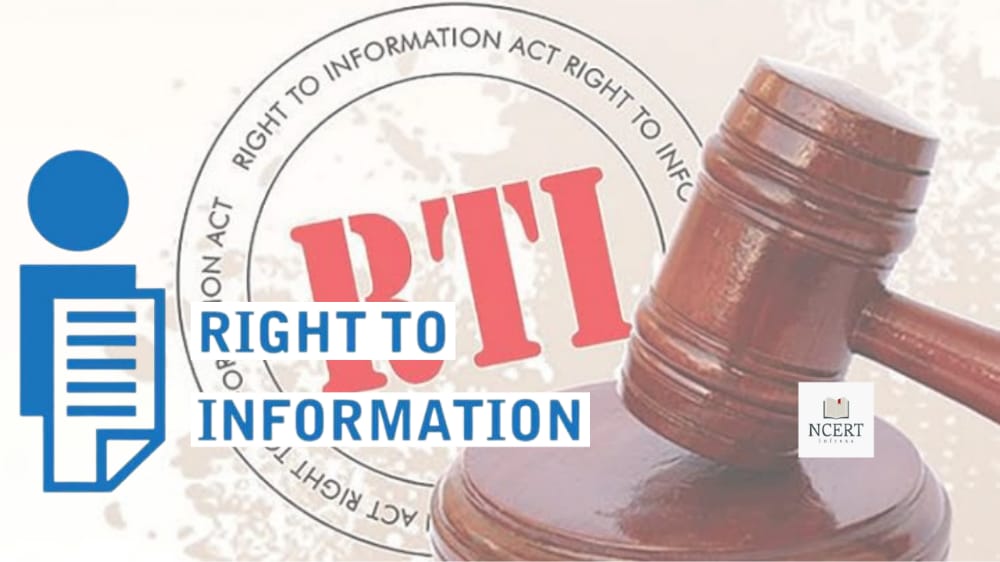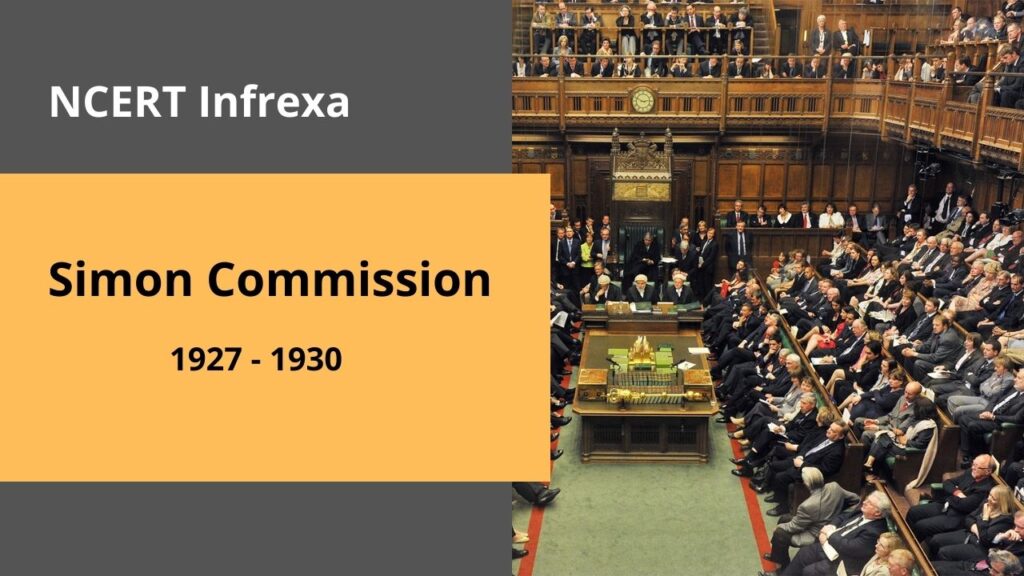The RTI or Right to Information Act 2005 is a path-breaking legislation that signals the march from the darkness of secrecy to the dawn of transparency.
It was enacted on 12 October 2005. The act is originally derived from the Fundamental Rights of ‘Freedom of speech and expression’ under Article 19 of the Indian Constitution. Its goal is to promote transparency and accountability, reduce corruption, and connect the common citizens with the government.
The act is currently applicable all over India. Under the RTI, you can request information on a wide range of topics related to government operations, spending, and decision-making.
Need of the Right to Information Act
Before the implementation of this act, Indian citizens did not have any detailed information about the various functions and programs of the government. As a result of this, corruption was continuously encouraged, as people could not check any work of the government. The opacity between the government and the citizens was expanding.
Meanwhile, the idea of this act was first introduced by the then Prime Minister of India, Dr. Manmohan Singh when he highlighted in a public speech that – “The citizens are the center of democratic governance. Every Citizen has the right to participate in public life, governance and society“.
Thereafter, the Right to Information Act 2005 was implemented to prevent corruption bring transparency to government operations, and connect the common citizens with the government.
Key Provisions of the RTI Act
- Eligible Applicants: Any Indian citizen can file an RTI application.
- Covered Institutions: RTI applies to all public authorities, including government ministries, departments, and public sector undertakings.
- Types of Information: You can request copies of documents, records, decisions, policies, and other information held by the public authority.
- Timelines: Public Information Officers (PIOs) are usually required to respond within 30 days. Life and liberty cases may see a response within 48 hours.
Penalty for negligent officer:
If an official fails to provide information within the stipulated time without a reasonable cause, they can be fined Rs. 250 per day by the Information Commission. The total fine cannot exceed Rs. 25,000. In addition, disciplinary action, which could include suspension in severe cases, may be taken.
How to File an RTI Application: Step-by-Step Guide
- Identify the Public Authority: Determine the correct government department or agency that holds the information you need.
- Draft Your Application: Write a clear and concise request. Include:
- Your name, address, and contact details
- Specific details of the information sought
- The format of information you would prefer (copies, inspection, etc.)
- Fee Payment: Include a fee of Rs. 10 in the form of a demand draft, Indian Postal Order, or court fee stamp. Applicants below the poverty line (BPL) are exempt.
- Submission:
- Online: Visit the RTI Online portal (https://rtionline.gov.in/) for central government agencies. Many states also have their own online RTI portals.
- In-Person: Submit your application directly to the concerned PIO at their office.
- By Post: Send the application by registered post.
Benefits of Using the RTI Act
- Uncover Corruption: RTI helps expose irregularities in government spending and decision-making.
- Hold Officials Accountable: Citizens can demand answers and explanations from public authorities, leading to better governance.
- Empowerment: The RTI Act gives ordinary citizens a powerful tool to participate in democracy and check government power.
Recent RTI Success Stories
- Exposing a School Meal Scam: An RTI activist in Maharashtra uncovered a scheme where government funds meant for midday meals in schools were being siphoned off. The activist’s RTI requests exposed inflated contracts and missing supplies. This led to arrests and reforms to ensure children received their rightful meals.
- Uncovering Land Grabbing: In Delhi, residents facing eviction used RTI requests to prove their homes were not built on illegally occupied land. Their inquiries revealed that government officials had colluded with developers to change the land’s designated use from residential to commercial. The evidence helped them win their legal battle.
Challenges and Limitations of the RTI Act
- Delays and Denials: Responses may be delayed or incomplete, and some requests might be unfairly denied.
- Safety Concerns: RTI activists sometimes face threats or intimidation.
- Bureaucracy: The application process can be complicated for those unfamiliar with government procedures.
Related: Official Secrets Act vs RTI provisions
Conclusion
The Right to Information Act 2005 was enacted to increase citizen participation, draw attention to governmental activities, and promote political consciousness. This historic step promotes social justice and effectively curbs corruption.
The RTI is a valuable tool for every Indian citizen seeking transparency and accountability. Understand the process and your rights to make a difference in your community and hold the government accountable.
Additional Resources
- Resources: Explore websites like RTI Online (https://rtionline.gov.in/) or the Central Information Commission (https://cic.gov.in/) for further information and guidance.
- Appeals: If your RTI request is denied or unsatisfactory, you can file an appeal with a higher authority within the public body.
- NGOs: NGOs focus on RTI use – Satark Nagrik Sangathan, Association for Democratic Reforms (ADR), and Transparency International India (TII).
- RTI Success Stories: Read more RTI Success Stories on Vikaspedia.




